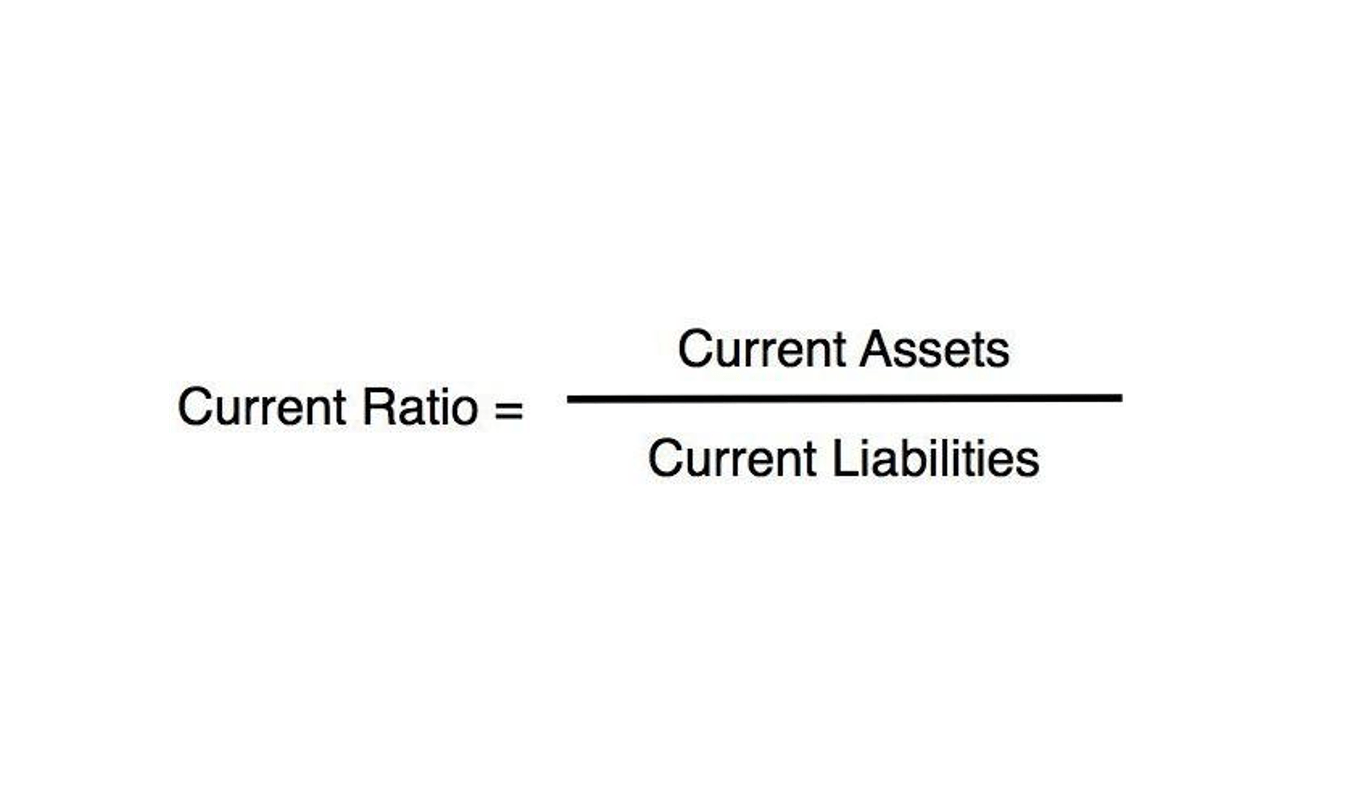
Sage Intacct offers flexible and scalable solutions that help oil and gas businesses manage everything from revenue recognition to multi-entity reporting. Its modular architecture allows companies to add functionalities as they grow, ensuring that the software evolves alongside the business. Regular, comprehensive impairment testing based on IAS 36 or the relevant GAAP guidelines is crucial. It involves estimating the recoverable amount of assets and comparing it to their carrying amount.
Key Responsibilities of Oil and Gas Accountants
For instance, the introduction of IFRS 16, which deals with lease accounting, has had a significant impact on how oil and gas companies report their lease obligations. Companies must stay abreast of these changes and adjust their accounting practices accordingly. This often involves extensive training for accounting staff and the implementation of new software solutions to ensure compliance. Tools like SAP S/4HANA and Oracle Financials Cloud are commonly used to navigate these complexities, providing real-time updates and analytics to support accurate financial reporting. Specialized financial reporting for extraction industries requires a deep understanding of both accounting principles and industry-specific risks. Accountants must accurately report reserves, AI in Accounting production costs, and asset valuations, while also considering environmental liabilities and decommissioning obligations.

Experienced Professionals
- The oil and gas industry encompasses exploration, extraction, refining, and distribution of oil and gas resources.
- With its focus on automation and real-time financial insights, the software is designed to meet the dynamic needs of companies in the energy sector.
- By examining real-world examples, stakeholders can gain insights into best practices and common pitfalls.
- The scope of the study is centered on the oil and gas accounting practice in Nigeria, its challenges and solutions.
- The financial results of a manufacturing company are impacted by depreciation expense for plant, property, and equipment.
Successful effort is a method of accounting for petroleum exploration and development expenditures that permits capitalization of expenditures only a What is bookkeeping successful projects while expenditures in unsuccessful wells are expensed. A drilling effort is classified as successful if it results in the extraction of economically recoverable oil and gas and classified as unsuccessful if it results I a dry hole. Sage Intacct is perfect for medium to large oil and gas companies that require a scalable accounting solution to handle complex operations, multiple projects, or international financials. It’s best suited for companies that need real-time insights and a system capable of managing compliance and multi-entity operations. Deltek is best suited for large-scale oil and gas companies that are managing complex projects and multi-entity operations.
Risk & Financial Advisory
- Oil and gas accounting software tracks production costs, manages royalties and lease agreements, automates joint interest billing (JIB), and ensures tax compliance with industry regulations.
- For midstream companies, the challenge lies in capitalizing costs related to the construction and expansion of pipelines, transportation, and storage facilities.
- Next, it is important to outline and prioritize objectives by categorizing key business objectives as ‘must have,’ ‘high priority,’ or ‘desirable.
- Each party’s share of revenue must be accurately reported based on their ownership interest and the specific terms of the joint operating agreement.
- Case studies provide concrete examples of how companies leverage these tools to maintain compliance and optimize their financial reporting practices.
Another critical aspect of joint venture accounting is the allocation of costs and revenues among the partners. This allocation is usually governed by the joint operating agreement (JOA), which outlines each partner’s share of costs and production. The distinctive nature of oil and gas operations necessitates the use of specific accounting methods such as successful efforts and full cost accounting. These methods help in accurately reflecting the financial health and operational efficiency of companies within the industry.
Oil and gas companies served

Accounting regulatory bodies usually formulate industry specific standards when an industry has peculiar characteristic of accounting for banks and non-bank financial institutions. Choosing the right accounting software for your oil and gas company often involves multiple decision-makers. Finance and operations managers are typically the primary users, while IT departments or third-party consultants handle the implementation. Relying on manual bookkeeping or generic accounting software can lead to inefficiencies, higher error risks, and a reduced return on investment (ROI).
Seven key aspects of oil and gas accounting include:
Oil and gas companies require accounting software tailored to their specific operations. Upstream businesses need tools to manage high capital costs and joint ventures, while midstream companies track transportation fees and long-term contracts. The right software minimizes errors, streamlines financial tracking, and ensures compliance, allowing companies to focus on operations. By understanding the different steps in exploring, developing, and producing oil and gas properties, you’ll be better positioned to handle the complex accounting requirements of this sector. This oil and gas tax accounting CPE also provides a detailed look at various cost classifications, production costs, and the documentation and accounting processes involved in oil and gas operations. Cost management in oil and gas accounting is crucial due to the industry’s high capital expenditures and complex financial structures.
Implications of the new revenue model

Accurate and timely oil and gas revenues accounting require tracking complex contracts and owner lease agreements. The research, therefore, seeks to investigate the nature of oil oil and gas accounting and gas accounting practice, its challenges and solutions excerpts Ejiroghene E. With Ramp, finance teams can automatically categorize transactions, track expenses across multiple projects and subsidiaries, and generate accurate financial reports faster than ever.




















